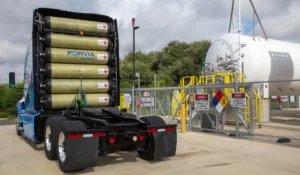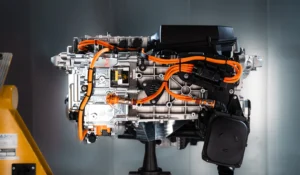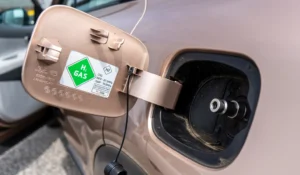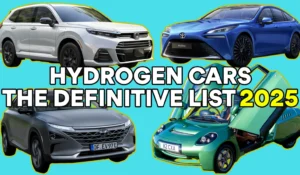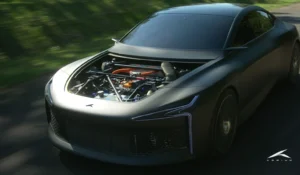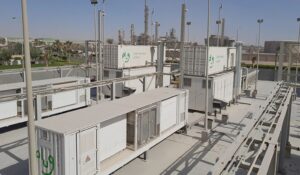HydroFleet invests $33 million in hydrogen truck refuelling in Georgia
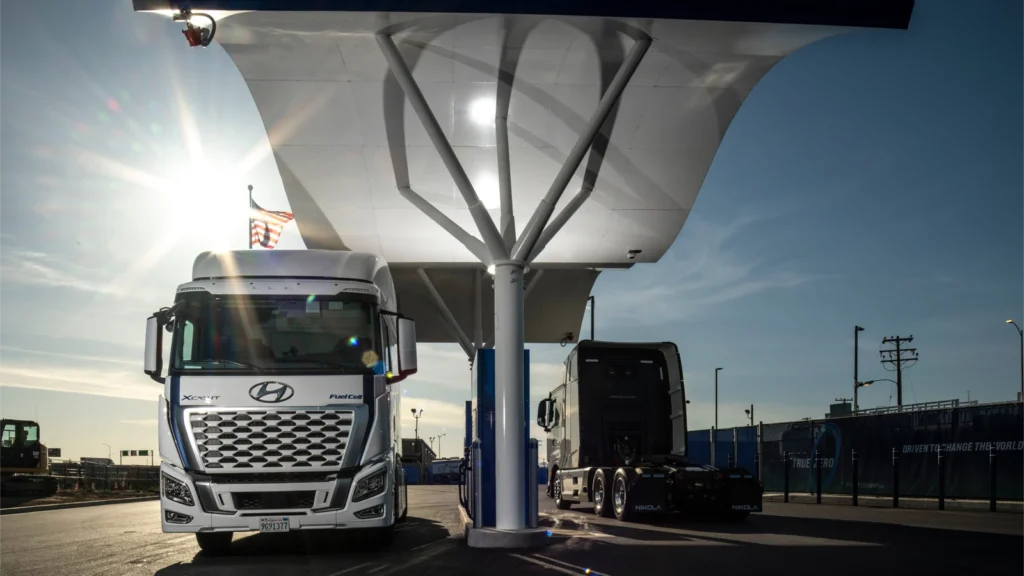
HydroFleet is putting $33 million into a hydrogen production and refuelling hub in Pooler, Georgia, building much-needed infrastructure for heavy-duty hydrogen powered trucks.
Sitting near the Port of Savannah and major freight corridors, the site is positioned to support the next wave of zero-emission logistics in the region.
A strategic bet on hydrogen freight
This facility will start by fuelling 7 to 14 hydrogen trucks per day, eventually scaling that up to 50 per day.
That’s a meaningful addition to the U.S. hydrogen network, especially with Hyundai XCIENT fuel-cell trucks already hitting the roads in Georgia as part of Hyundai Motor Group Metaplant America’s (HMGMA) clean logistics operations.
HydroFleet’s CEO, Scott Moe, is clear about the problem they’re solving. He said: “We know customers want zero-emission fleets but have struggled to source the entire hydrogen ecosystem at a price that is competitive”.
His company has already delivered 450,000 kg of hydrogen fuel to fleet customers, and this investment aims to turn ambition into tangible reality.
Hydrogen trucking is picking up speed
Beyond more than just this one station, hydrogen is gaining real traction in freight and logistics. According to HydroFleet, the numbers tell the story:
- 18,000 hydrogen-powered passenger vehicles in the U.S.
- 570 hydrogen trucks and buses in operation.
- 80,000 hydrogen forklifts already proving their worth in warehouses.
- Major operators like Amazon, Walmart, and Whirlpool have bought in.
And the emissions savings add up fast. Each hydrogen-powered Class 8 truck replaces a diesel equivalent, cutting out over 400 metric tons of CO2 per year.
When this facility is running at full capacity, it’ll be eliminating 40,000 metric tons of CO2 annually – about the same as taking 8,700 petrol cars off the road, or the equivalent of saving many many polar bears.
Building the hydrogen future, one station at a time
Hydrogen trucking only works if refuelling infrastructure keeps pace, and that’s exactly what HydroFleet is betting on.
Battery EV trucks dominate the headlines, but fuel-cell trucks are the quiet assassin making serious inroads where fast refuelling, long-haul range, and no drop in productivity matter.

